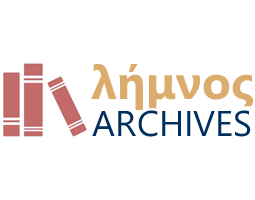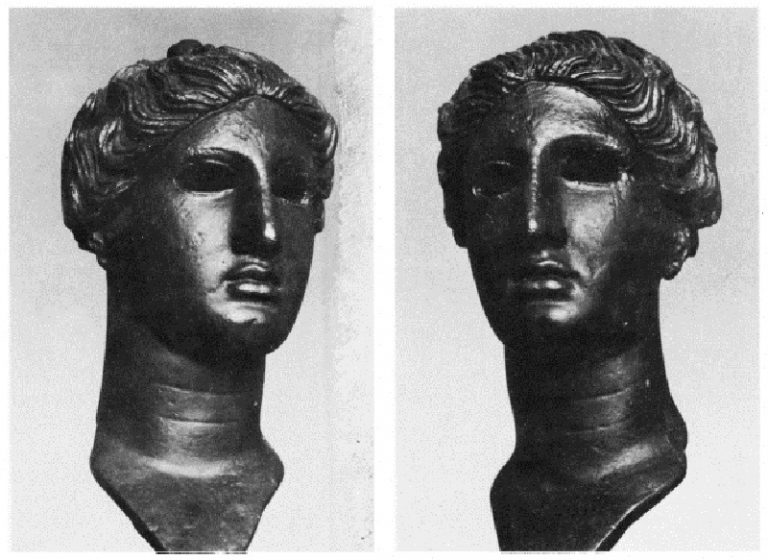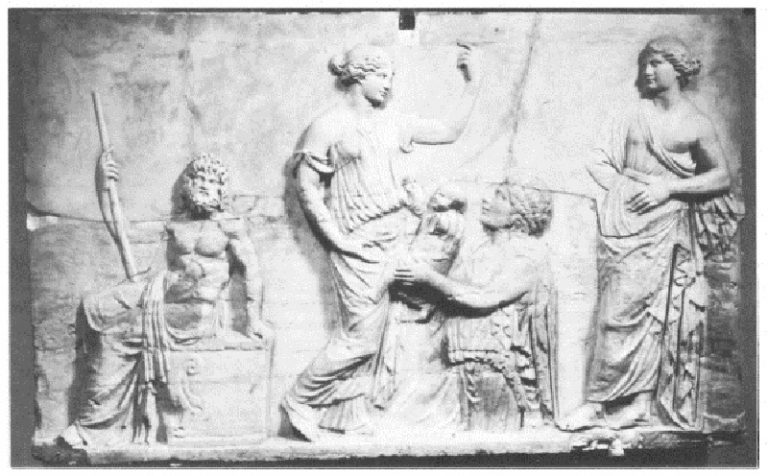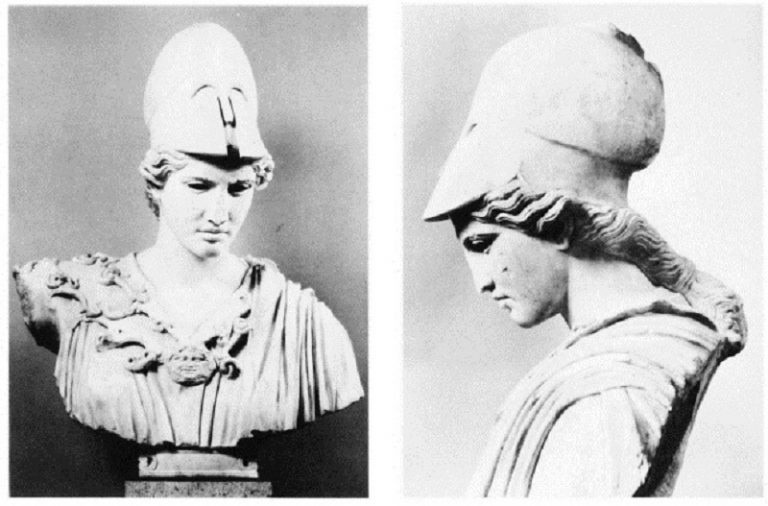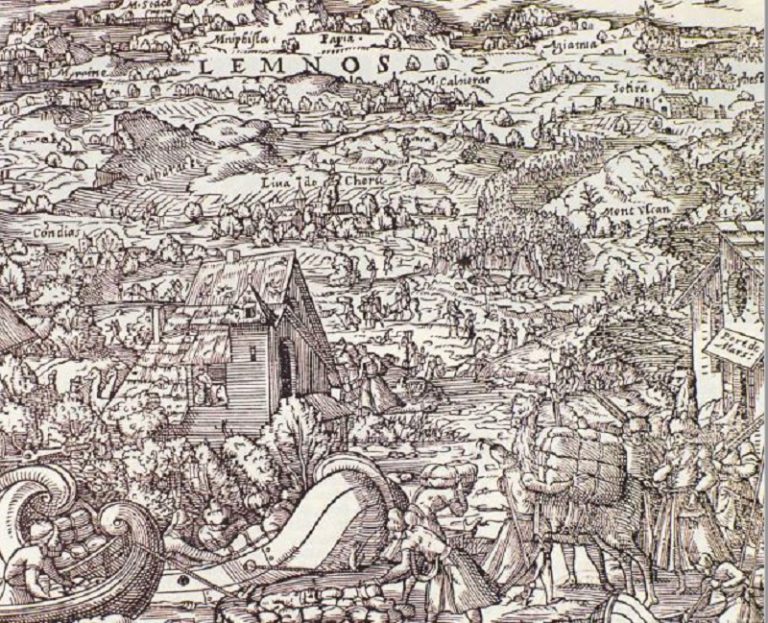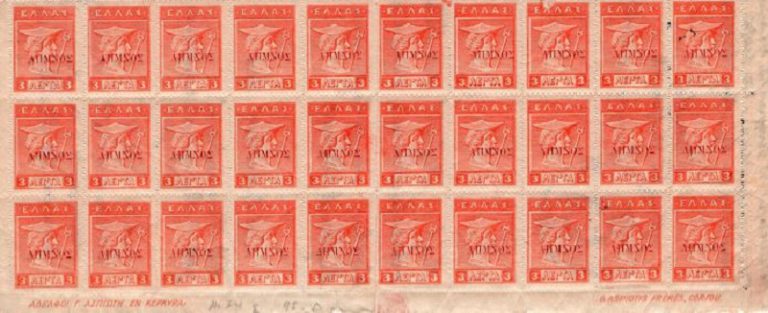The reconstruction to which our investigation has led has a remarkable degree of internal consistency and by the same token admits no compromise with the theory that the Hephaisteion is identical with the so-called Theseum.
ΠερισσότεραThe fragment of an neo-Attic relief in the Vatican representing the birth of Erichthonios is an additional link between the Velletri Athena and the high-relief fragments from the Agora.
ΠερισσότεραAll previous attempts to visualize and understand the group of two statues made by Alkamenes for the Hephaisteion in the years 421-415 B.C. have proceeded on the assumption that the so-called Theseum is in fact the Hephaisteion.
ΠερισσότεραIn ancient medical practice several sorts of natural earths, found at various places in the Levant and described in detail by Pliny and other writers, had recognised curative properties, being employed for the most part as astringents and desiccatives in the treatment of wounds and internal haemorrhages. The use of many of these persisted into quite modern times, but none was so generally esteemed either by ancients or moderns as the Lemnian, which was set apart in the first place by its alleged miraculous power against poisons (especially the bites of venomous reptiles) and later against plague, and in the second by the religious accompaniments and the various artificial restrictions of its production.
ΠερισσότεραΤιμώντας την Ελληνική Καρδιά της Καλλίπολης…Λήμνος 1915
ΠερισσότεραΗ ιστορία της Λήμνου μετά την απελευθέρωση μέσα από τα γραμματόσημα και την αλληλογραφία (μέρος 3ο).
Περισσότερα
